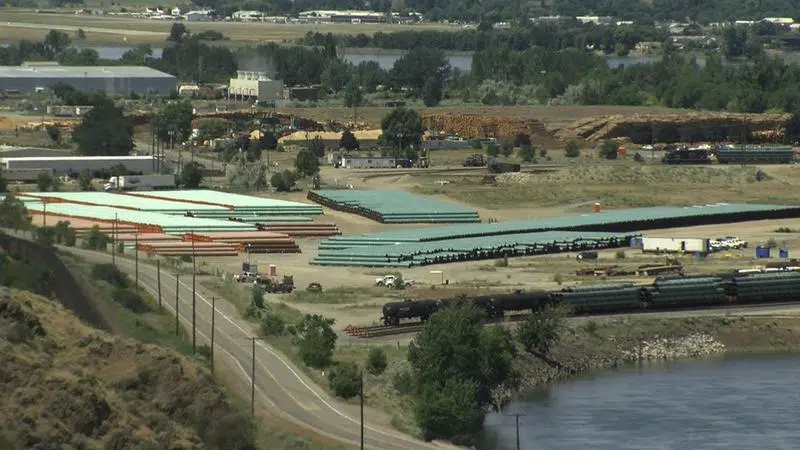
CHARBONNEAU: Pipeline approval won’t help the Liberals
IF THE FEDERAL LIBERALS were as popular as the Trans Mountain pipeline, they would win the upcoming election in a landslide.
The problem for the Liberals is that the pipeline is most popular where voters are least likely to vote Liberal and least popular where voters traditionally vote Liberal.
According to an Angus Reid poll, the strongest support for the pipeline is in Alberta and Saskatchewan, 85 and 71 per cent respectively (ArmchairMayor.ca, June 21, 2019). That’s where Liberal support is weak. Only a total of five seats were won by the Liberals in the combined provinces. Meanwhile in Quebec, 40 percent disapprove. That’s where the Liberals won 40 seats.
While support for the pipeline in B.C. is 54 per cent, that average doesn’t reflect the difference of opinion between the Lower Mainland and the Interior. People in the Interior generally support the pipeline because of jobs and financial incentives offered by Trans Mountain. An informal poll by Kamloops This Week showed 80 per cent approval. The Lower Mainland opposes the pipeline because of potential spills.


